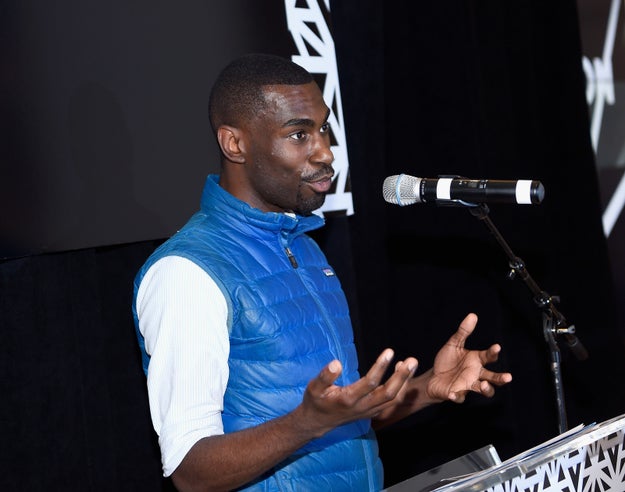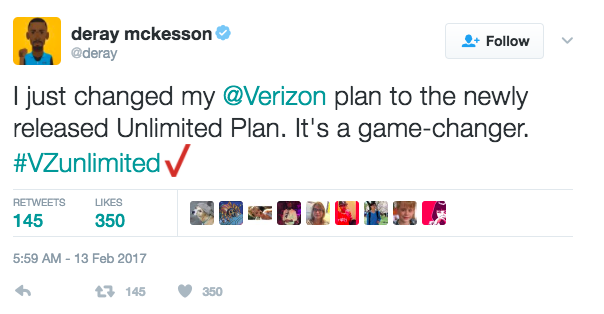Sorry, Celebs, Using #Sp On Instagram Ads Isn’t Gonna Cut It
The Federal Trade Commission, the government organization that regulates advertising, just announced that it has started a crackdown on Instagram sponsored posts. It sent 90 letters to various influencers #and brands reminding them #of the FTC guidelines for social media endorsements. Basically: #saying #sp or “Thanks [@BRAND]” doesn’t cut it.
This is the first time the FTC has sent this kind of letter, which is not an official warning but rather a sort of nudge-nudge educational message, reminding them of the rules. The letters were sent in response to the advocacy group Public Citizen, which had sent a petition to the FTC about celebrities, athletes, and models doing ambiguously labeled Instagram #ads.
The FTC has not released the names of who got these letters, and Public Citizen does not know who exactly received a letter, either. Some of the people mentioned specifically in the complaint from Public Citizen include Bella Thorne, David Beckham, Mark Wahlberg, Scott Disick, Jenny McCarthy, Chris Pratt, Kendall Jenner, and Gigi Hadid.
According to the FTC’s announcement today, the letters reminded people what does NOT meet their requirement for a clear disclosure, including…
These commonly used visual tricks that hide the disclosure:
- Putting the disclosure at the end of a long caption, so that it’s cut off and you have to click “more” to read the full thing. Most people won’t ever click and see it.
- #Using #tons of #hasgtags and #only saying #ad #last
And these three common tricks that are half-assed disclosures that simply aren’t clear to the average person that the person either got paid or got a freebie:
- Using only sp instead of #sponsored
- Using just #partner
- Saying “Thanks, [@BRAND]”
The FTC is careful to say that it doesn’t have specific wording requirements. If you use sp, you’re not going to jail immediately, but let’s just say there’s a good chance that this is not what the FTC considers a full, transparent disclosure to your audience of a material connection between you and a brand.
The idea here is that a normal person should be able to immediately understand that someone was paid (that includes getting free shit!![]() to post. I’ve been doing a column for BuzzFeed where I investigate whether various celebrity social media posts are ads or not, and one thing that’s clear is that even those of us who are pretty savvy about this kind of stuff are often truly confused about celebrity Instagram posts.
to post. I’ve been doing a column for BuzzFeed where I investigate whether various celebrity social media posts are ads or not, and one thing that’s clear is that even those of us who are pretty savvy about this kind of stuff are often truly confused about celebrity Instagram posts.
For now, Bachelor contestants hawking teeth whiteners don’t have to worry about getting arrested for not using the right hashtag. The FTC historically only goes after the brands, not the influencers, for cases of unclear social media ads. And there have only been a few of these actually brought to lawsuits – the most recent one was last summer, when the agency charged Warner Bros. for paying PewDiePie to review their latest video games without proper disclosure. But these reminder letters mean that the FTC is taking Instagram #spon more seriously — and that pressure from consumer advocacy groups can be effective.
Quelle: <a href="Sorry, Celebs, Using Sp On Instagram Ads Isn’t Gonna Cut It“>BuzzFeed


